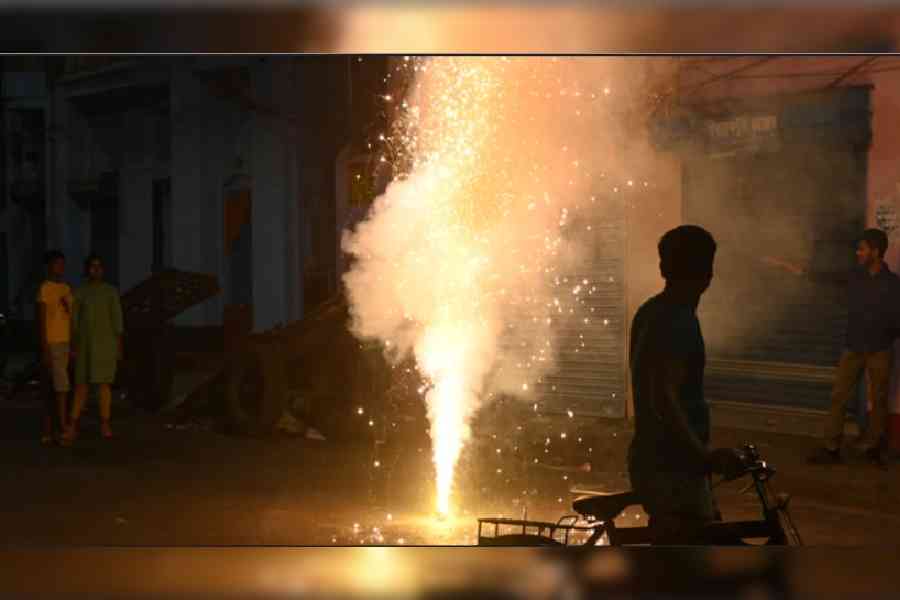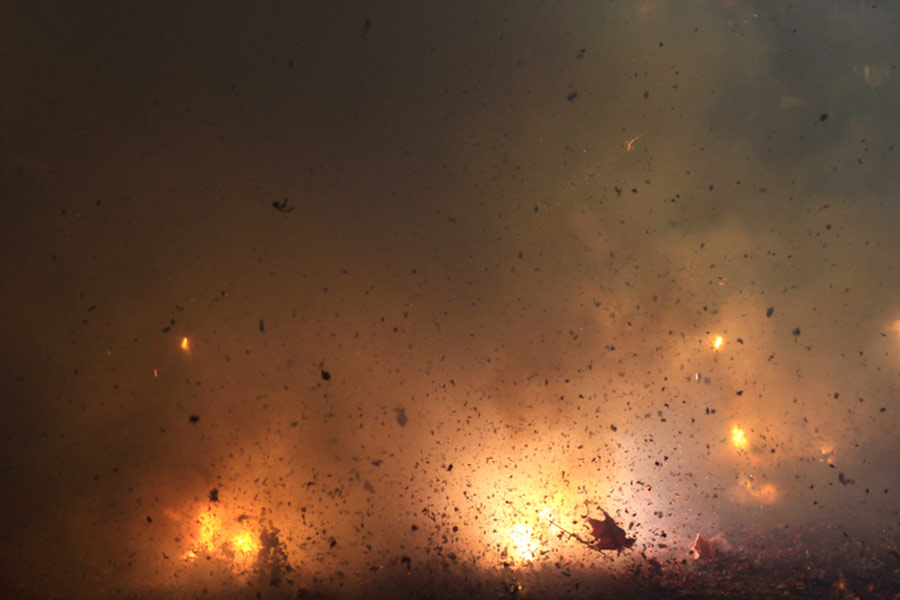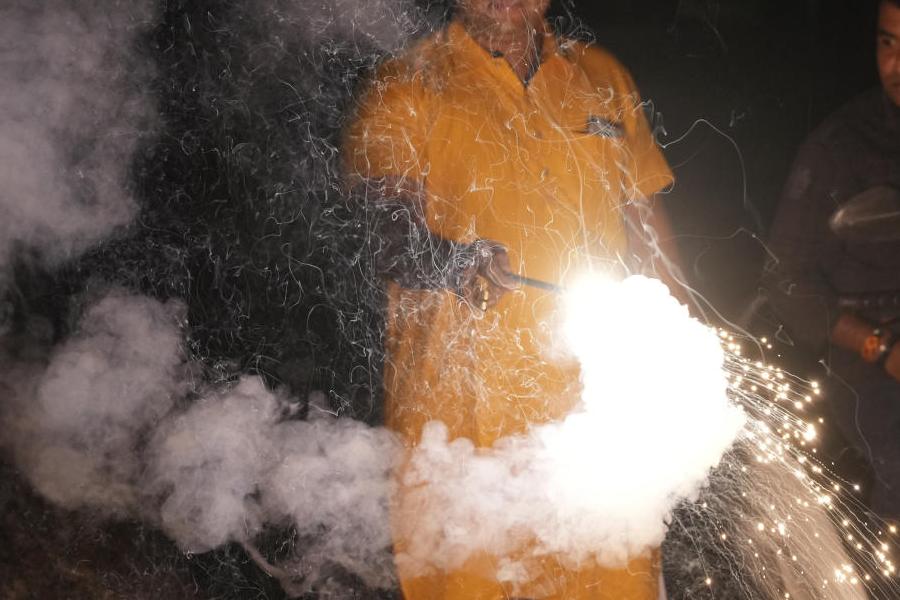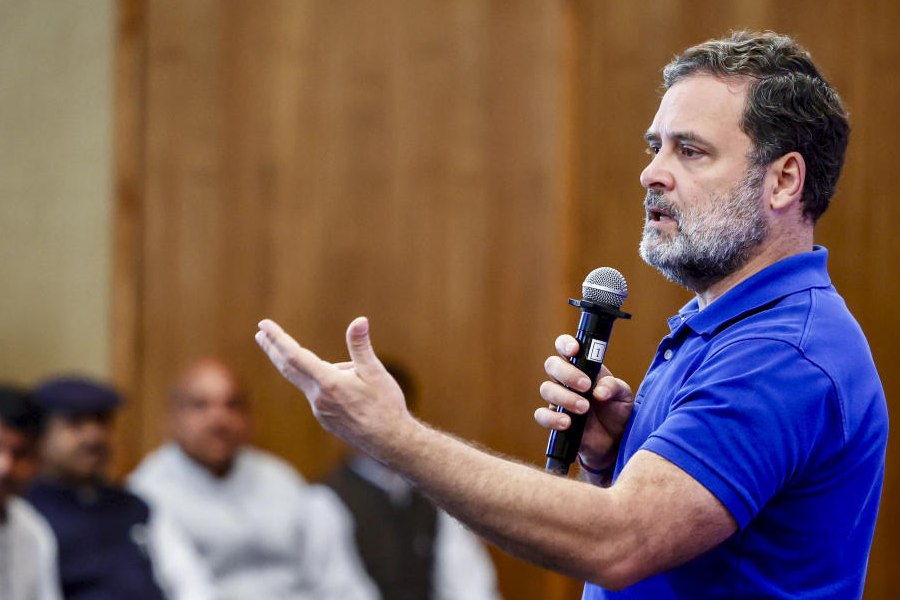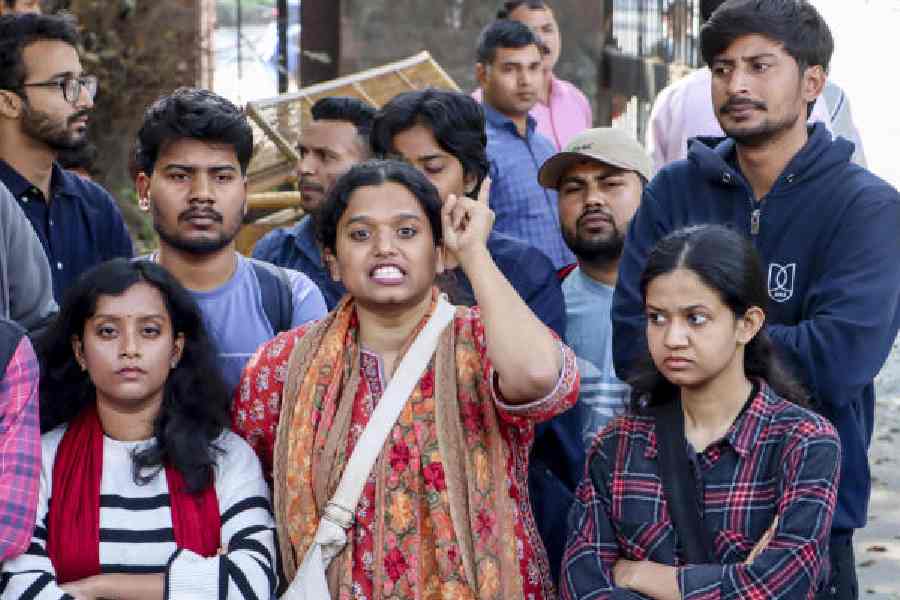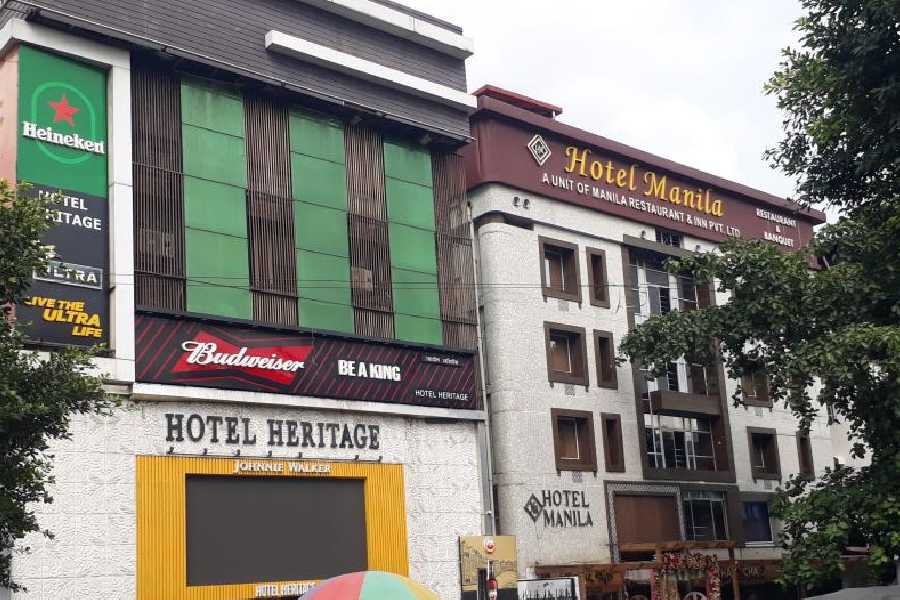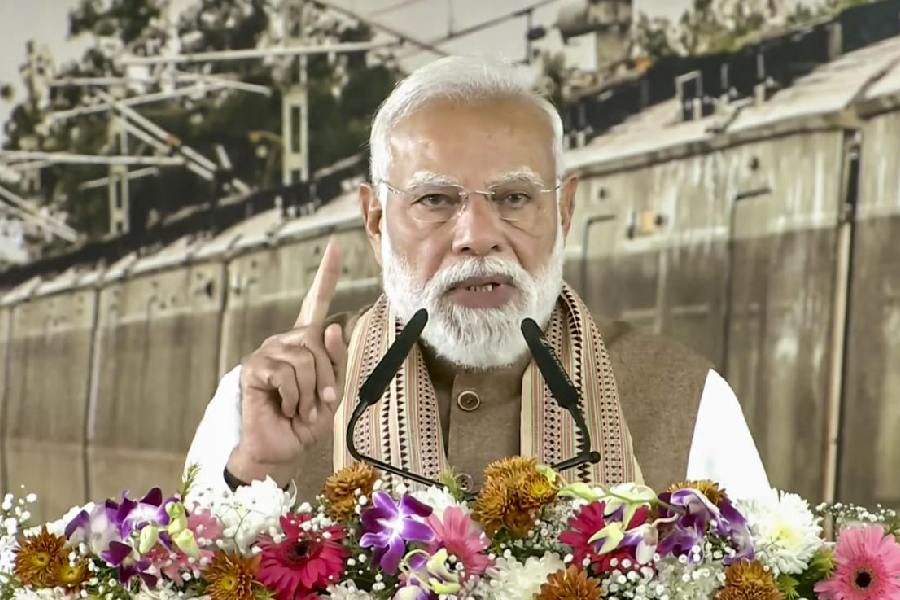The city’s air quality worsened significantly on Tuesday, the morning after Diwali, with experts attributing the drop to the rampant use of firecrackers.
At 7am, the air quality at the Victoria Memorial monitoring station was categorised as “poor” while six other stations — located at Bidhannagar, Jadavpur, Ballygunge, Fort William, Rabindra Bharati University (BT Road), and Rabindra Sarobar — reported “moderate” air quality.
According to the National Air Quality Index, prepared by the Central Pollution Control Board, “poor” air quality can cause breathing discomfort to most people with prolonged exposure, while “moderate” air quality can affect individuals with lung or heart conditions.
The situation had been better on Monday morning when only the Victoria Memorial and Jadavpur stations recorded “moderate” air quality, while all other stations reported “satisfactory” air quality. The index indicates that “satisfactory” air may cause minor discomfort in sensitive individuals.
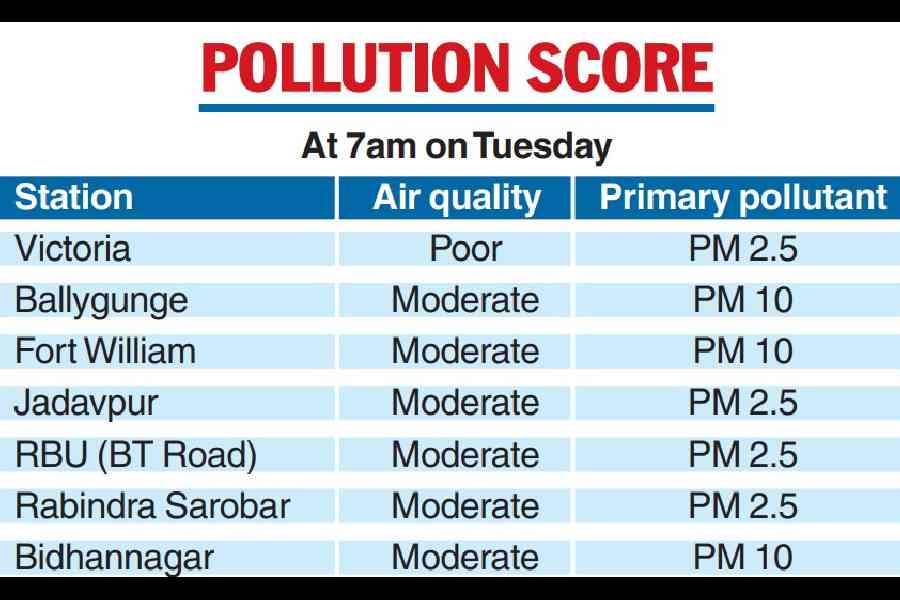
Scientists from the state pollution control board (PCB) pointed to the excessive
burning of fireworks on Diwali night as the primary cause for the deteriorating air
quality.
A scientist with the board explained that the spike in pollution was likely the result of fireworks emissions, as other weather conditions and the temperature had remained largely unchanged between Monday and Tuesday
morning.
“The pollution caused by fireworks is the most likely reason for the sudden drop in air quality,” the scientist said. The temperatures on both days were similar, with Monday recording a minimum of 26° Celsius, 1.8° above normal, and Tuesday at 25.1° Celsius, 0.9° above normal.
Abhijeet Chatterjee, a professor at the Bose Institute who specialises in air quality management, described Tuesday’s air quality as the “residual effect” of firecrackers on Diwali night.
“The burning of fireworks began around 7pm on Monday and continued until 2 or 3am on Tuesday. The impact was felt hours later on Tuesday morning,” Chatterjee explained.
Many residents also noted a sharp, burning smell in the air, a clear sign of the widespread fireworks activity. A south Calcutta resident observed a haze over her neighbourhood when she went to her terrace on Monday night, highlighting the extent of the pollution.
Scientists further explained that warmer temperatures help disperse the pollutants, but the weather conditions between the monsoon and winter, with lower temperatures and wind speeds, are less conducive to the dispersion of air pollutants.
Doctors cautioned that prolonged exposure to poor air could trigger severe health issues, especially in people with pre-existing respiratory conditions.
“Patients with asthma or chronic obstructive pulmonary disease (COPD) could experience sudden worsening of their symptoms due to the poor air quality,” said Chandramouli Bhattacharya, an infectious disease specialist at Peerless Hospital.
However, Bhattacharya pointed out that the situation could have been worse if Diwali had been celebrated later in October.
“This year’s early Diwali meant the baseline air quality was slightly better. Had it been later in the month, the air quality could have been much worse due to cooler temperatures,” he said.

